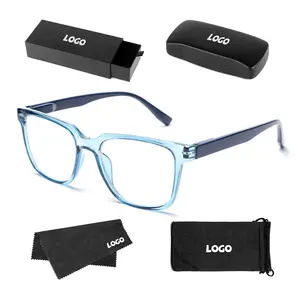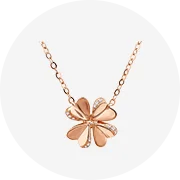What materials are sunglasses made from?
Today’s stylish, versatile sunglasses for men and sunglasses for women are constructed from a wide variety of materials. The frames of sunglasses are primarily made from either metal or plastic. Metal frames are typically crafted from lightweight and durable materials, such as composite metals, stainless steel, titanium, beryllium, nickel, and aluminum. These metals are chosen for their durability, flexibility, and corrosion resistance. For example, stainless steel frames resist corrosion while being sturdy and flexible. And titanium frames are incredibly lightweight and strong, with the added bonus of being hypoallergenic. However, pure titanium frames are more expensive.
Plastics are also used in sunglasses for men and sunglasses for women. Polycarbonate (synthetic plastic) and zylonite frames are two popular choices for sunglasses, as they are flexible and strong. Sunglasses frames made of plastic are easy to mould into wraparound styles. Additionally, plastic frames tend to be less pricey.
Sunglasses lenses vary widely, too, from those found in practical and durable prescription sunglasses to the lenses in chic, stylish polarized sunglasses. Manufacturers may construct their sunglasses from plastic lenses, polycarbonate, or high-index polymers (lenses with sulfur). Polycarbonate lenses are prized for their sturdiness and impact resistance, while high-index polymer lenses are incredibly durable.
What’s the best UV protection for sunglasses?
UV refers to ultraviolet light rays, which come from the sun’s electromagnetic radiation. The two types of ultraviolet light are UVA and UVB. Whether you wear fashion sunglasses, prescription sunglasses, or polarized sunglasses, it’s important that the shades you chose have the proper UV protection to safeguard your eyes.
To be rated as UV-protective, sunglasses must block at least 75% to 90% of light, and offer at least 99% protection against UV radiation. The highest UV level is UV 400. This grade ensures that your sunglasses block out at least 99.9% of ultraviolet light. Polarized sunglasses reduce the sun’s glare, but they should also have a UV filter. UV-protective prescription sunglasses are a smart choice, as they are great for both indoor and outdoor use.



































 浙公网安备 33010002000092号
浙公网安备 33010002000092号 浙B2-20120091-4
浙B2-20120091-4